Last week’s Social Mobility Commission report pulled no punches: “Class privilege remains entrenched as social mobility stagnates”. Access to professional jobs remains overwhelmingly dominated by the children of professional parents who boost their kids chances through educational opportunities, unpaid internships and informal social networks. The Commission’s recommendations focus on boosting resources in education especially for 16-18 year olds.
But what about the role of employers?
Many employers are starting to get serious about tackling social mobility. In London companies are looking at how they can attract and recruit diverse local talent. While graduates from privileged backgrounds are hyper-mobile, people from working class backgrounds are often the most committed employees.
Recruiting from disadvantaged backgrounds is a sensible long term strategy. But it requires an understanding of where these young people are coming from.
We work with Lambeth youngsters at risk of unemployment because they are growing up in poor families. Black Caribbean youngsters, especially boys, have the biggest achievement gap in Lambeth, especially post 16.
These young people are being shaped by their experiences – families struggling to put food on the table, parents that may be ill or in distress, siblings to care for, schools dominated by exams and a lack of resources that makes it too easy to label, stereotype and exclude.
Yet the young people we meet are bright, funny, enterprising and ambitious, with a huge understanding of life and enormous resilience.
While the children of the middle classes are free to have a safe and secure childhood with parents that guide them, create experiences and invest in their culture and conversation, children from poor families face insecurity, neglect, emotional turmoil, fear of violence and limited experience of their city and its rich culture. This is why it is harder for kids from poor families to get good exam grades and it often takes longer to gain post GCSE qualifications or find the right route.
It is important for employers to recognise that even the brightest and most talented kids from poor backgrounds will have gaps in their knowledge and experience when compared to their middle class peers. They will have a completely different cultural context – they will not have been exposed to “typical work chat” about Brexit or Climate Change or the latest film or band.
This is why interviews and informal selection processes that test personal presentation and “polish” will disadvantage working class kids.
But there is something deeper.
The one feature we see again and again is a fundamental, often hidden and sometimes debilitating lack of self belief.
These young people have ambition but at their heart they not think they deserve much and do not think they have much to offer.
Most young people we meet are not even thinking they could go for the opportunities that big companies have on offer. They don’t know about these opportunities and even when you try and show them they assume “that’s not for me”.
When we take young people into big corporate offices, it can be intimidating and they can easily feel that this world is not for them. The feeling is amplified when they look around and see no-one who is like them.
All too often these youngsters can rule themselves out.
Navigating the world of potential opportunities is hugely confusing, especially without support from parents. But these youngsters are hungry for opportunity when its offered to them. And it’s amazing how powerful an accessible, human conversation can be. We have three students say they want to be Quantity Surveyors because of one inspiring young female who explained the job.
So how can you have these kinds of human conversations with more young people?
Young people learn about the world from social media and often feel a personal relationships with the young bloggers they follow. This creates massive new opportunities to connect on a more human level. Yet we find communications from big companies fails to connect with these kids. Last week when we asked a group of 16-21 year olds from Lambeth College what they thought of a range of corporate recruitment films the general response was that this was not aimed at them. One young man reflected that they seemed very “old”.
If we want diverse youngsters from disadvantaged backgrounds to apply for these opportunities we have to do something different:
Companies need to speak in a way that will resonate with these young people, they need to go out and find them and they need to tell them they are wanted.
Do you want to try something different?
We Rise puts young people in the driving seat to make authentic engaging video and social media that shows and tells other young people why they should work for you. We are looking for five partners to pilot our new approach. Could your company be one?
If you are interested do get in touch- abigail@werise.org.uk
